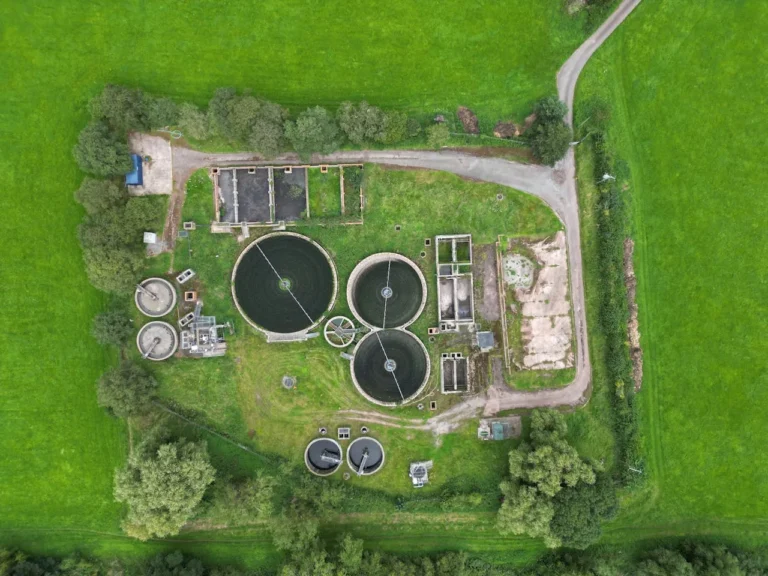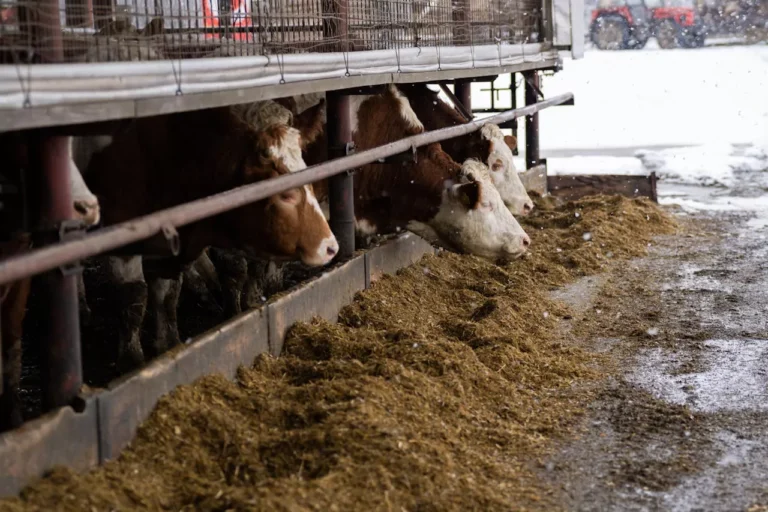
Golden Agri-Resources (GAR), one of the world’s leading palm oil plantation companies, has unveiled its Sustainability Report 2024, a comprehensive document that outlines the company’s progress and evolving vision in a year shaped by intensifying climate challenges, stricter global regulations, and an increasingly urgent call for corporate environmental responsibility.
Throughout 2024, GAR made significant strides in deepening its sustainability commitments while setting new targets that reflect both global imperatives and the company’s own aspirations. With the launch of its new sustainability framework, Collective for Impact, GAR is poised to usher in a new era of responsible agribusiness.
Navigating a Complex Global Landscape
GAR’s Chairman and Chief Executive Officer, Mr. Franky O. Widjaja, emphasized that sustainability is no longer a secondary consideration in corporate strategy—it is central to the company’s identity and future.
“The world is changing, and so is the future of agribusiness,” Widjaja said. “At GAR, sustainability isn’t just a part of our business strategy; it is our business strategy. We believe that sustainability leadership starts with action—through choices that reflect our values and shape a better future for people and the planet.”
As global markets faced turbulence from macroeconomic shifts, heightened environmental regulations, and unprecedented weather extremes, GAR’s longstanding commitment to sustainable practices proved essential. The company’s resilience was supported by strong sustainability foundations built over the past decade.
Introducing Double Materiality and Strategic Focus
For the first time, GAR undertook a double materiality assessment—a best-practice approach that examines both how the company impacts environmental and social factors and how those same factors, in turn, influence GAR’s operational, financial, and strategic landscape. This holistic view of sustainability ensures the company is future-proofing its operations against growing climate risks, evolving regulations, and stakeholder expectations.
“As extreme weather events and regulatory scrutiny increase, the importance of responsible agriculture cannot be overstated,” Widjaja added. “Our 2024 theme, Growing Together with Purpose, reflects our ongoing evolution and our focus on delivering meaningful, measurable sustainability outcomes.”
Launch of “Collective for Impact”: A New Sustainability Framework
A pivotal milestone in 2024 was the launch of GAR’s Collective for Impact initiative. This enhanced sustainability strategy builds on the company’s existing GAR Social and Environmental Policy (GSEP)—in place since 2015—and expands its focus beyond palm oil operations in Indonesia to encompass GAR’s global operations and entire value chain.
The new framework is structured around three strategic pillars:
- Sourcing Responsibly – ensuring sustainable procurement across all commodities and geographies.
- Caring for our Planet – protecting forests, conserving biodiversity, and reducing emissions.
- Empowering People – uplifting communities, protecting workers, and ensuring inclusive growth.
Anita Neville, GAR’s Chief Sustainability and Communications Officer, explained the significance of this updated approach.
“What got us here won’t necessarily get us to where we want to go. Collective for Impact strengthens our resilience, builds long-term value, and deepens stakeholder trust. This isn’t just a vision—it’s a strategy embedded in every part of our business.”

Bold Climate Goals and Emissions Reductions
As part of its path to net-zero emissions by 2050, GAR has introduced ambitious interim 2030 emissions reduction targets:
- A 30% reduction in Forest, Land, and Agriculture (FLAG) emissions.
- A 42% reduction in non-FLAG emissions relative to a 2022 baseline.
In 2024, GAR made measurable progress, reducing Scope 1 and Scope 2 emissions by 3% across its own operations, thanks to continued enforcement of its No Deforestation, No Peat, No Exploitation (NDPE) policy, coupled with energy-saving initiatives and a shift toward renewables.
However, overall emissions still increased 7% year-on-year, from 32.7 million tonnes of CO₂ equivalent in 2023 to 35 million tonnes in 2024. This rise was driven largely by a 10% increase in Scope 3 emissions, which now account for nearly 79% of GAR’s total carbon footprint. The company acknowledges that deeper collaboration with suppliers and greater access to first-party emissions data are vital to achieving future reductions.
Leading the Way in Transparency and Traceability
GAR remains a global leader in supply chain transparency. In 2024, the company achieved 99.5% Traceability to the Plantation (TTP) across its Indonesian palm oil supply chain. Efforts are ongoing to bridge the final 0.5%, which involves working with diverse smallholder networks and ensuring traceability standards are met in remote or variable regions.
GAR has also expanded its Traceability to the Mill (TTM) commitment across other key commodities—soy, sugar, sunflower, and coconut—achieving 100% TTM globally.
In a leap forward for supply chain visibility, the company launched SmartTrace, a blockchain-powered system that allows users to trace the journey of palm oil products from plantation to shelf. Coupled with satellite monitoring, supplier engagement, and deforestation risk mitigation, these tools help GAR and its customers prepare for and comply with regulatory frameworks such as the European Union Deforestation Regulation (EUDR).
Empowering Agricultural Communities
GAR continues to play an active role in improving rural livelihoods through its Bright Future Initiative, which supported 189 community projects in 2024. These included training programs, infrastructure development, and economic empowerment activities.
A key focus was supporting Micro, Small, and Medium Enterprises (MSMEs). Over the past year, GAR empowered 113 MSMEs, equipping them with skills in agriculture, business operations, and digital technologies to improve their productivity and access new markets.
This focus on social equity is a central pillar of GAR’s sustainability agenda. By investing in people, the company not only improves lives but also strengthens the resilience of its supply chain and ensures long-term stability.




